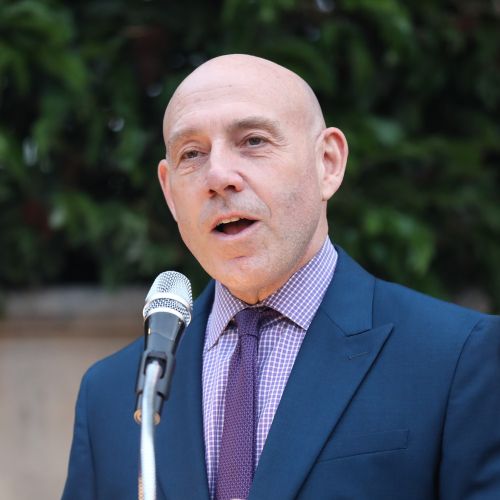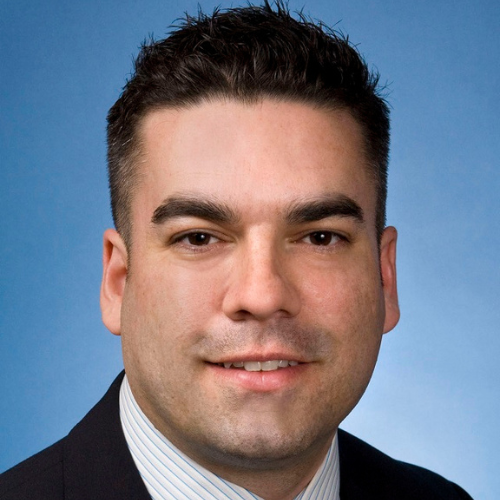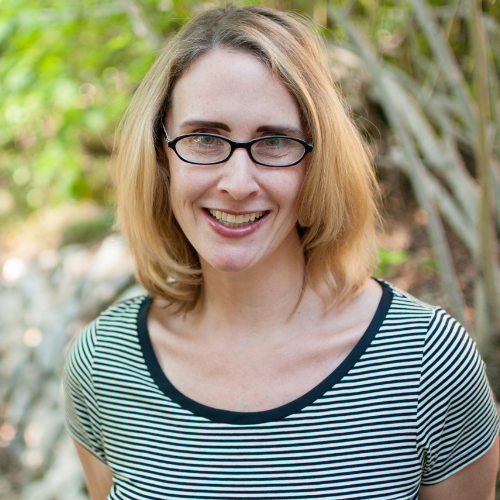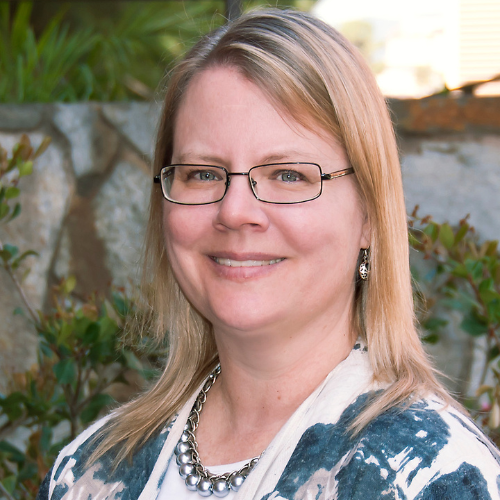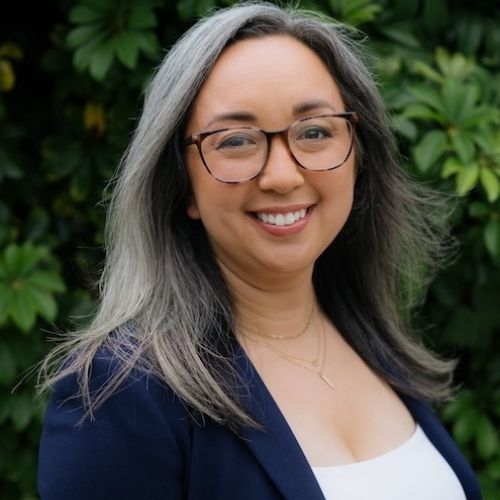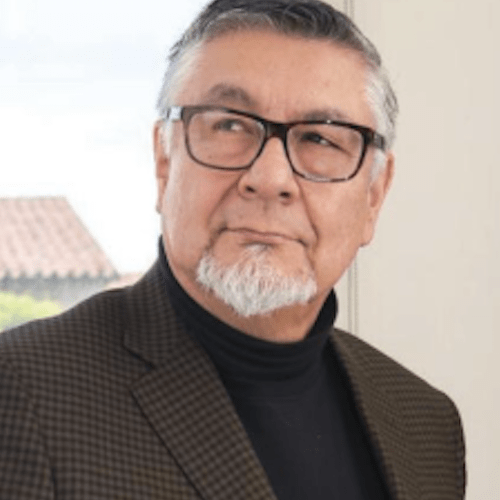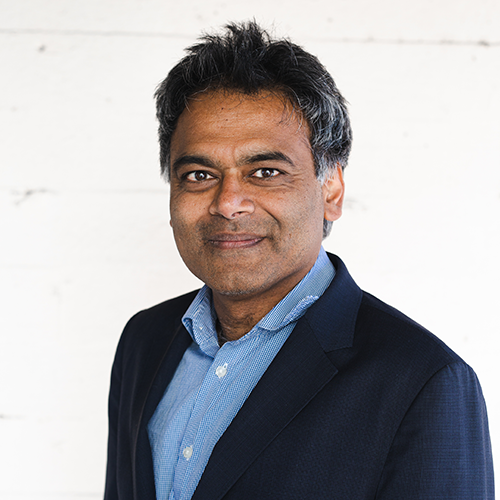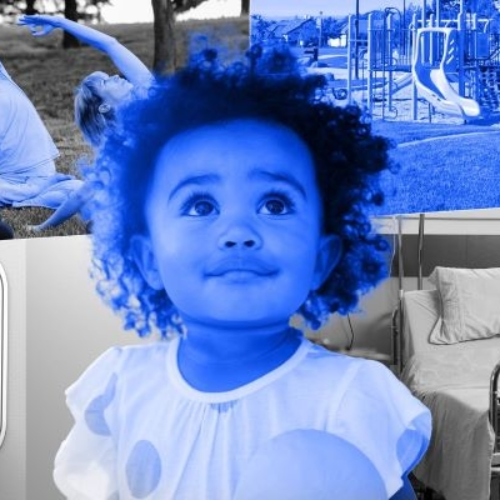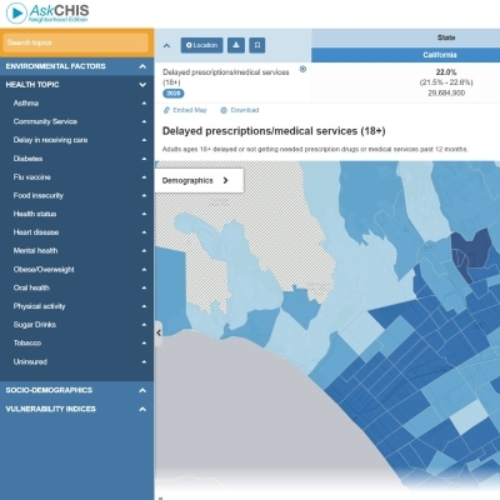New report on the health, mental health and social service needs of Asian Americans and Pacific Islanders in California
Data from the California Health Interview Survey, led by Dr. Ninez Ponce, highlight needs of Asian Americans, Native Hawaiians and Pacific Islanders.
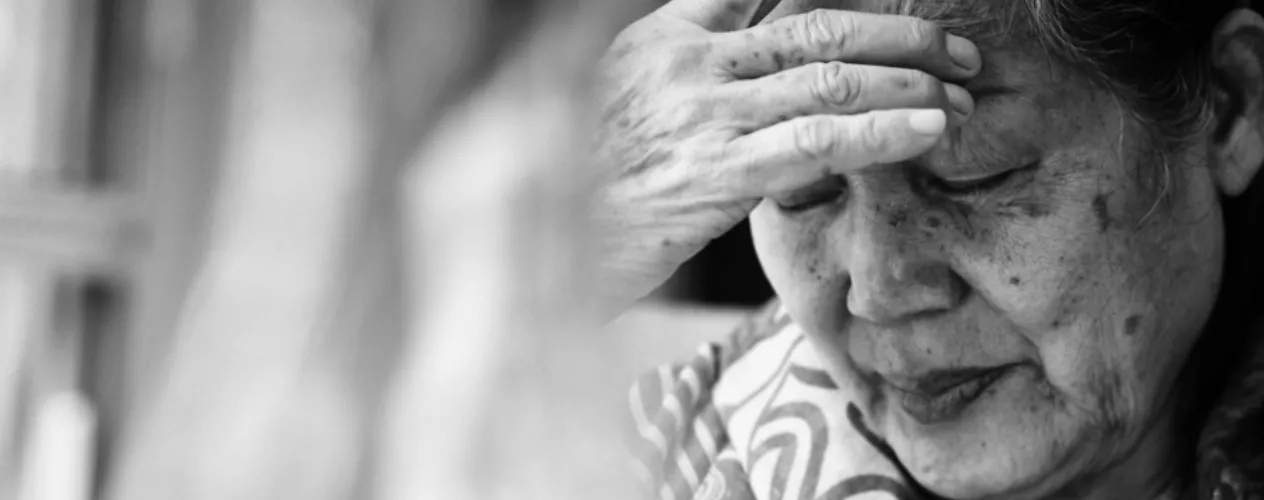
Asian Americans, Native Hawaiians and Pacific Islanders (AANHPIs) are among the fastest growing racial groups in California and nationwide. In response to a wave of attacks on Asian Americans, Native Hawaiians and Pacific Islanders (AANHPIs), California passed the API Equity Budget in 2021 that included a three-year investment of more than $166 million to better serve communities experiencing hate and barriers to various government services. Part of that historic investment was a $10 million award to AAPI Data, to conduct demographic and policy research to better serve AANHPI communities.
“High-quality data is the first step and the foundation to achieving health equity. We are proud to partner with AAPI Data on this report that highlights the unique health challenges and needs of Asian American and Native Hawaiian and Pacific Islander communities, who for so long have been grouped together,” said Dr. Ninez Ponce, UCLA Fielding School of Public Health professor of health policy and management, director of the UCLA Center for Health Policy Research and senior researcher at AAPI Data. “As you can see in this comprehensive report, the more we break down the data by subgroups, the more apparent the differences and vulnerabilities become. We hope this report can help inform better decision-making and policies.”
AAPI Data, in partnership with the UCLA Center for Health Policy Research, released a groundbreaking study that highlights disparities in the access and utilization of health, mental health and social services by Asian American and Native Hawaiian and Pacific Islander communities. The report also benefited from the input of the California Commission on Asian & Pacific Islander American Affairs, various other state agencies, and several nonprofit organizations serving AANHPI communities including AAPI Equity Alliance, CAA, Center for Empowered Politics, Empowering Pacific Islander Communities, Khmer Girls in Action, SEARAC, and the Stop AAPI Hate Coalition.
This health, mental health, and social service needs report uses currently available data to benchmark the current health, mental health and social service needs for Asian Americans, Native Hawaiians and Pacific Islanders in California. The report uses pooled data from the UCLA Center for Health Policy Research’s 2019 and 2020 California Health Interview Survey (CHIS) and the Census Bureau’s 2016–2020 American Community Survey (ACS).
Key findings of the report include:
● Asians, Native Hawaiians and Pacific Islanders were slightly less likely to be enrolled in public programs such as CalFresh, Medicare and Medi-Cal compared to other racial and ethnic groups. Enrollment among detailed Asian, Native Hawaiian and Pacific Islander groups showed wider variation, including much larger gaps among groups such as Indians, Japanese and Taiwanese.
● Asians, Native Hawaiians and Pacific Islanders were less likely than whites to have a usual source of care, have visited a doctor in the last 12 months, and be able to schedule a doctor’s appointment in a timely manner.
● While Asian American and Native Hawaiian and Pacific Islander communities reported the lowest rates of suicide ideation overall, disaggregated data reveal Japanese, Korean and U.S.-born Asians are more likely to have said they had ever thought of committing suicide.
● Among those who reported needing help for emotional, mental or addiction problems in the past year, Asians, along with Blacks and Hispanics, were significantly less likely to receive needed mental, emotional or addiction treatment than whites. Disaggregated data for Asians show similar challenges in accessing mental health services, especially for Vietnamese.
● Asian, Black and Hispanic women were less likely than white women to use birth control. Asian teens were significantly less likely to have received counseling about birth control in the past year.
● While Asians, in general, were less likely to report non-consensual sex or sexual assault in the survey, Japanese and Koreans were more likely to report it than Asians in general, with Japanese reporting at the highest rate among the groups surveyed.
● With Universal Pre-K set as a goal for the 2025–2026 school year in California, a snapshot of ACS data shows which communities have existing gaps in preschool enrollment. Native Hawaiian or Pacific Islander children were among the least likely of all Californian children to be enrolled in Pre-K. Disaggregated Asian data also show that less than half of Laotian, Filipino, Pakistani, Cambodian and Hmong preschool-aged children were enrolled in a pre-K program.
● While Asians in general were less likely to provide care to family or friends with a disability or serious illness than members of other major racial and ethnic groups, Japanese, Filipinos and Vietnamese were much more likely to be caregivers.
● Native Hawaiian and Pacific Islander caregivers were more likely to cite financial stress from caregiving.
● While Asians in general reported relatively low levels of physical and mental health problems due to caregiving, Koreans and South Asians were significantly more likely to report those problems compared to all Asians.
by Tiffany Lopes
The UCLA Fielding School of Public Health, founded in 1961, is dedicated to enhancing the public's health by conducting innovative research, training future leaders and health professionals from diverse backgrounds, translating research into policy and practice, and serving our local communities and the communities of the nation and the world. The school has 761 students from 26 nations engaged in carrying out the vision of building healthy futures in greater Los Angeles, California, the nation and the world.
Faculty Referenced by this Article

EMPH Academic Program Director with expertise in healthcare marketing, finance, and reproductive health policy, teaching in the EMPH, MPH, MHA program
Nationally recognized health services researcher and sociomedical scientist with 25+ years' experience in effectiveness and implementation research.

Professor of Community Health Sciences & Health Policy and Management, and Associate Dean for Research

Dr. Ron Andersen is the Wasserman Professor Emeritus in the UCLA Departments of Health Policy and Management.

Dr. Michelle S. Keller is a health services researcher whose research focuses on the use and prescribing of high-risk medications.

